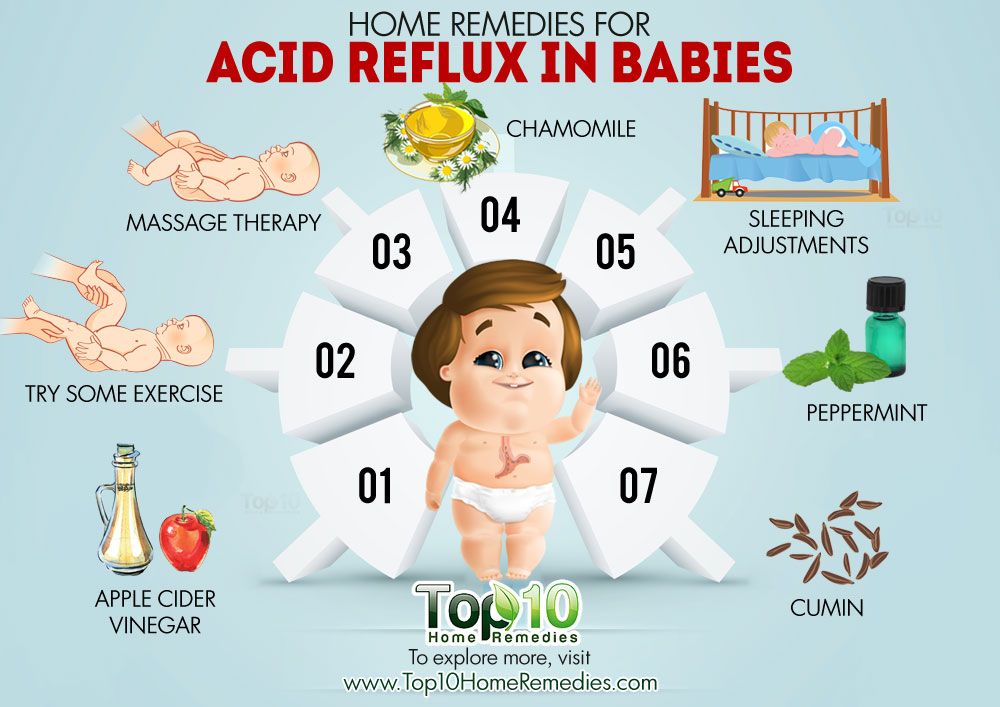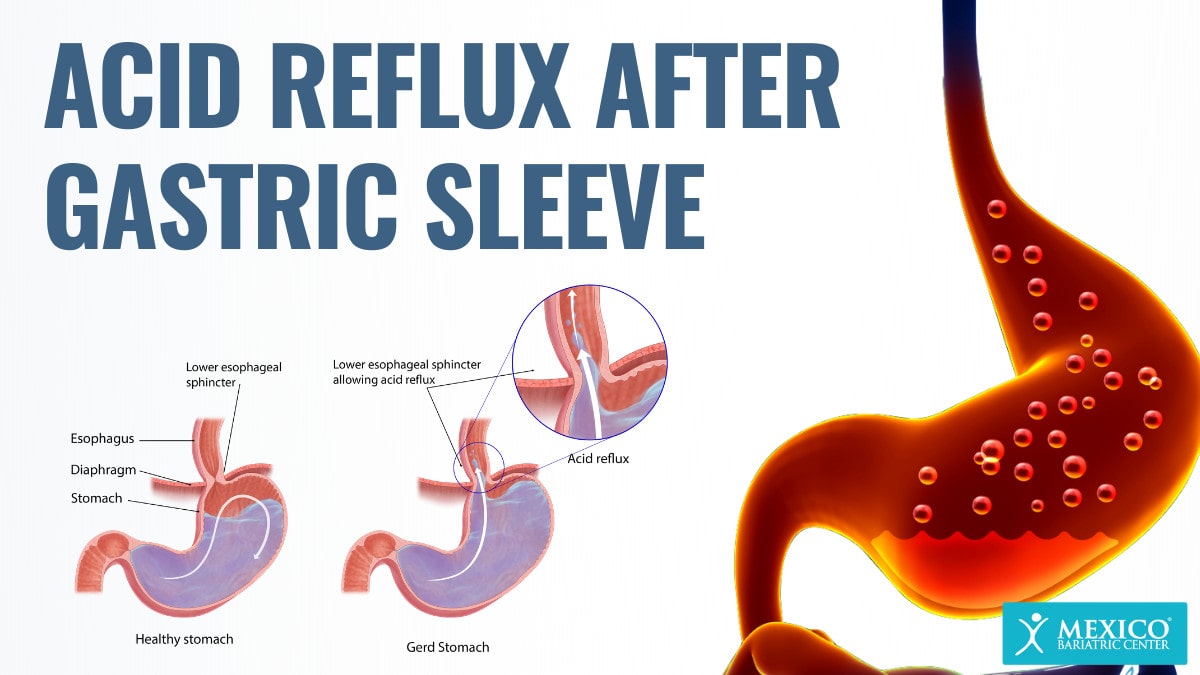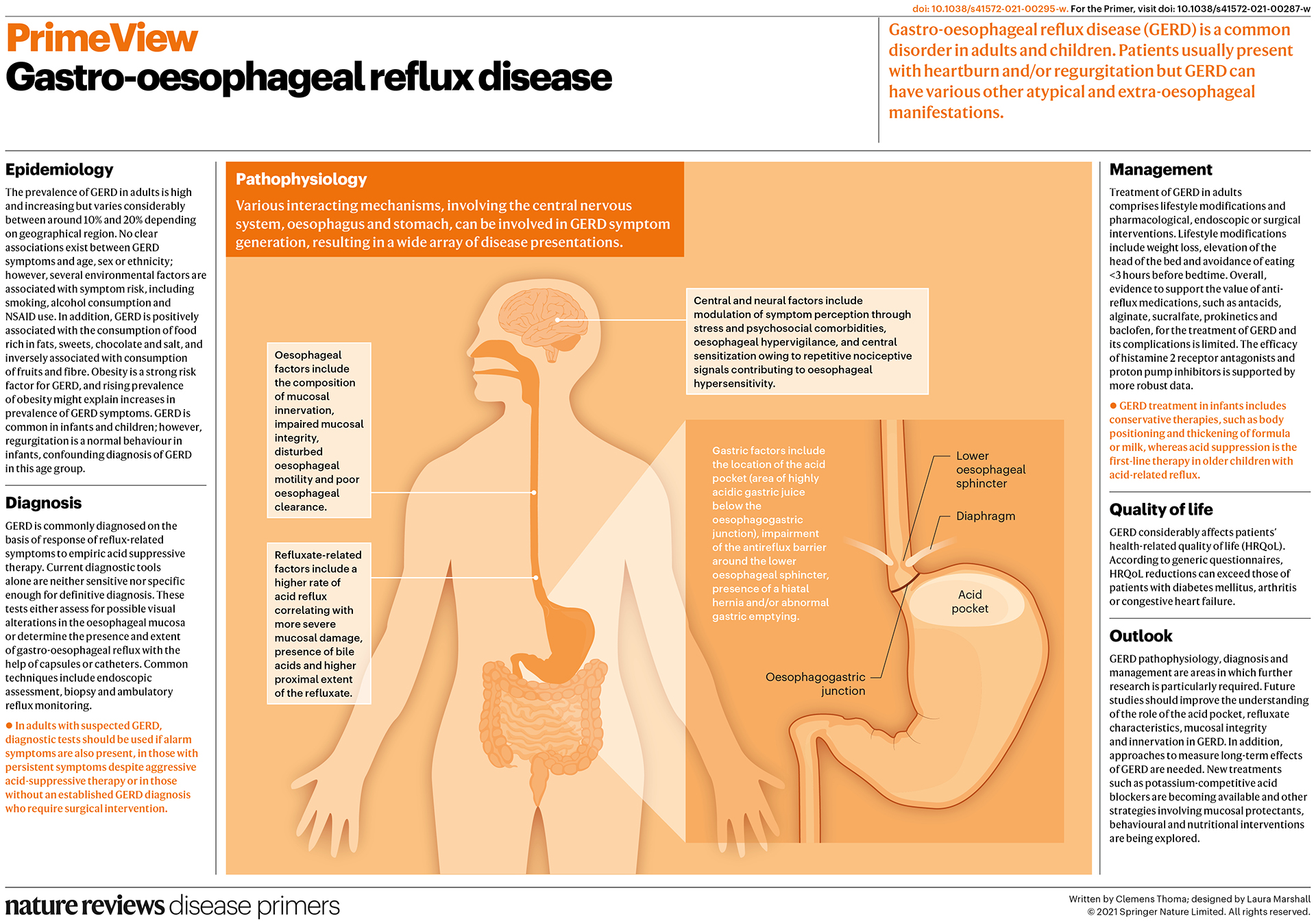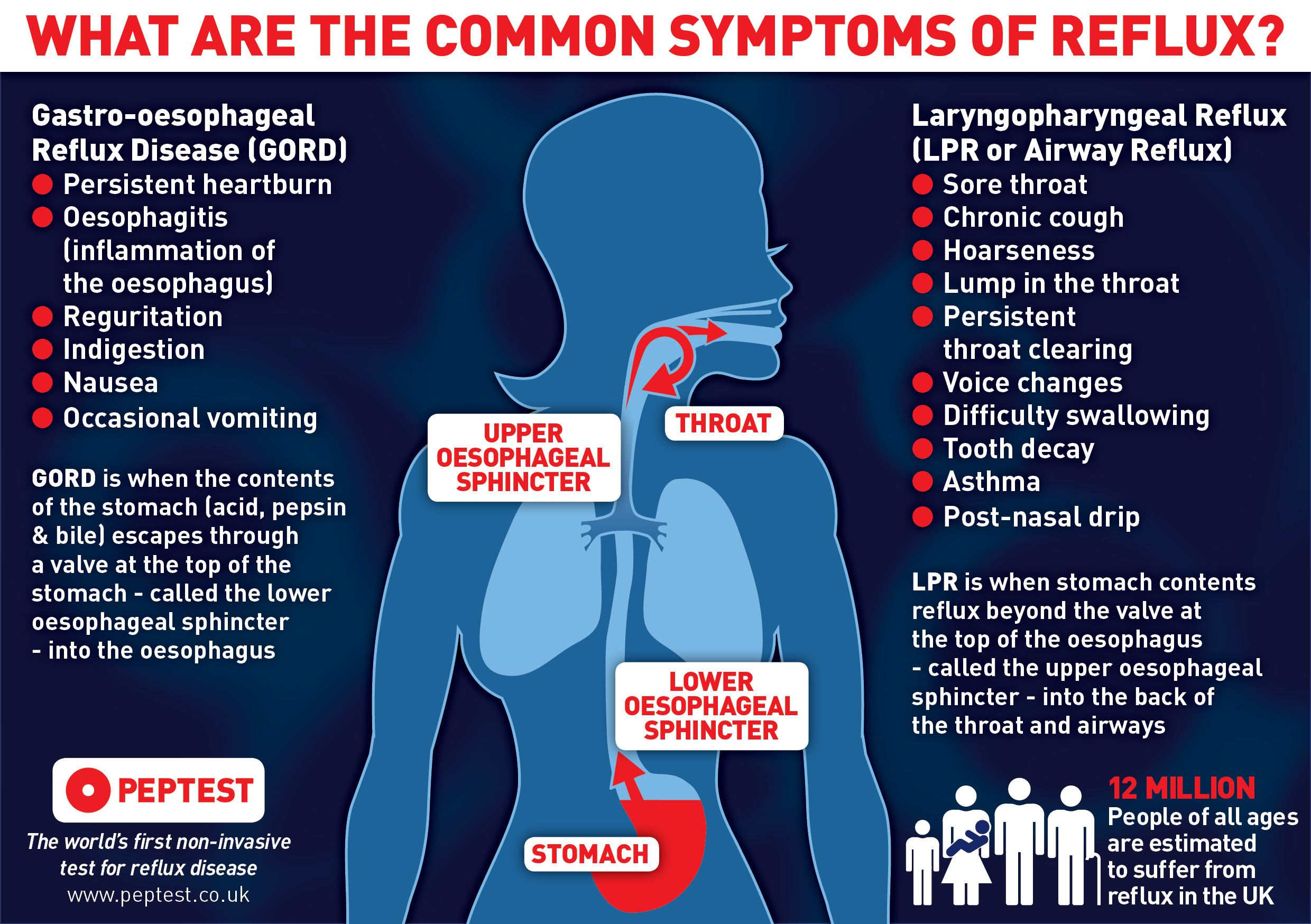
Reflux in babies is a common condition that many parents see in their infants. It occurs when the contents of the baby’s stomach flow back into the esophagus. This can happen for various reasons, including a weak or immature lower esophageal sphincter, which is the muscle that keeps the stomach contents from flowing back up.
There are several symptoms that parents can look out for to see if their baby is experiencing reflux. Some common signs include frequent spitting up or vomiting, difficulty sleeping, irritability, wheezing, and blood in the baby’s stools. If you notice any of these symptoms in your baby, it is important to seek medical advice to get a proper diagnosis and treatment.
There are several treatment options available for reflux in babies. In some cases, simple changes in feeding and lifestyle can help improve the condition. For example, smaller, more frequent feedings may be recommended, along with keeping the baby upright for at least 30 minutes after each feeding. Some parents also find that avoiding certain foods, such as dairy, can help reduce reflux symptoms.
In addition to these lifestyle changes, there are also medications that can be used to treat reflux in infants. Acid blockers and motility agents are commonly prescribed to help reduce the amount of acid that the baby’s stomach produces and to improve the movement of the stomach contents. However, it is important to note that medication should only be given under the guidance of a healthcare professional.
While reflux in babies can be distressing for both the baby and the parents, it is important to remember that most cases of reflux resolve on their own without any complications. However, if your baby’s reflux is severe or if it is accompanied by other issues, such as poor weight gain or breathing difficulties, further medical evaluation may be necessary. In rare cases, surgery may be recommended to treat reflux in babies who do not respond to other treatments.
If you are a parent dealing with a baby who has reflux, it is important to seek support and advice from healthcare professionals and other parents who have gone through a similar experience. They can provide valuable tips and insights to help you navigate this challenging time. Remember that you are not alone, and with the right medical care and support, your baby will get better.
Contents
- 1 What is Reflux in Babies and Why it Occurs
- 2 The Causes of Reflux in Babies
- 3 Identifying the Symptoms of Reflux in Babies
- 4 When to Seek Medical Help for Your Baby’s Reflux
- 5 Treatment Options for Reflux in Babies
- 6 Tips for Managing and Easing Your Baby’s Reflux
- 6.1 1. Playtime after meals
- 6.2 2. Elevate their crib
- 6.3 3. Dress your baby in loose clothing
- 6.4 4. Thicken their milk or formula
- 6.5 5. Avoid overfeeding
- 6.6 6. Burp your baby
- 6.7 7. Check for signs of infection
- 6.8 8. Try natural remedies
- 6.9 9. Avoid dairy and other potential triggers
- 6.10 10. Seek medical advice
What is Reflux in Babies and Why it Occurs
Reflux in babies, also known as gastroesophageal reflux (GER), is a common condition that occurs when the contents of the baby’s stomach flow back into the esophagus. This happens because the muscle between the esophagus and the stomach, known as the lower esophageal sphincter (LES), is not yet fully developed. The reflux often leads to the baby spitting up or regurgitating their food.
There are several reasons why reflux occurs in babies. One possible cause is the immaturity of the baby’s digestive system. Infants have a smaller stomach capacity and a faster rate of digestion, which can result in them taking in more milk than their stomach can comfortably hold. Additionally, the angle at which the stomach and esophagus meet is not as tight in babies as it is in adults, making it easier for stomach contents to flow back up.
Symptoms of reflux in babies can vary, but typically include spitting up, fussiness or irritability after feeding, arching of the back, refusal to eat, and poor weight gain. It’s important to note that these symptoms can also be indicators of other health issues, so it’s best to consult a healthcare professional for a proper diagnosis.
When it comes to treatment for reflux in babies, there are several strategies that can be helpful. For example, feeding the baby in an upright position can help prevent the reflux of stomach contents. Burping the baby frequently during and after feedings can also help relieve symptoms. In some cases, medication may be recommended, such as antacids or prokinetic agents, to reduce stomach acid or help the stomach empty more quickly.
In more severe cases of reflux, where lifestyle changes and medications do not provide relief, surgical intervention may be considered. However, surgery is generally considered a last resort and is only recommended when all other options have been exhausted.
It’s important to remember that while reflux in babies can be distressing for both parents and babies, it is usually a normal part of development and tends to improve on its own with time. If you have any concerns about your baby’s reflux symptoms or if they are experiencing severe discomfort, it’s always best to seek medical advice from a pediatrician or healthcare professional.
The Causes of Reflux in Babies
Reflux in babies is a very common issue that many parents experience. It occurs when the muscle between the esophagus and stomach, called the lower esophageal sphincter, is not fully developed or weak. This allows stomach acid to flow back up into the esophagus, causing irritation and discomfort for the baby. Reflux can be more common in premature babies or those with certain medical conditions, such as cerebral palsy.
There are several factors that can contribute to reflux in babies. One of the main causes is feeding patterns. Babies who are bottle-fed may experience more reflux, as they tend to swallow more air while feeding. This can be exacerbated by feeding too quickly or not burping the baby properly. Additionally, certain foods can trigger reflux in babies. Dairy products, particularly milk-based formula, can cause irritation in some babies’ digestive systems.
Another possible cause of reflux in babies is bacterial infection. In some cases, an infection in the gastrointestinal tract can cause inflammation and disrupt the normal function of the lower esophageal sphincter. This can result in reflux symptoms. If your baby is experiencing frequent or severe reflux symptoms, it is recommended to consult a healthcare professional to rule out any potential infections.
Sometimes, reflux in babies can be a result of an underlying medical condition. For example, some babies may have a condition called gastroesophageal reflux disease (GERD), which is a more severe form of reflux. In these cases, medications such as Zantac may be prescribed to help treat the symptoms. It’s important to follow your pediatrician’s advice and not give your baby any medications without proper guidance.
In some cases, simple lifestyle changes can help ease reflux symptoms. For example, keeping your baby in an upright position for 30 minutes after feedings can help prevent stomach acid from flowing back up into the esophagus. Additionally, avoiding tight diapers and clothing that puts pressure on the baby’s abdomen can also help prevent reflux. If your baby is older, adding solid foods to their diet may also help relieve reflux symptoms.
If you suspect that your baby’s reflux is being caused by a specific food allergy or intolerance, a hypoallergenic formula or breastfeeding diet may be recommended. There are also natural remedies that may provide relief, such as simethicone drops, which help break up gas bubbles in the stomach.
It’s important to remember that reflux in babies is usually not a life-threatening condition. However, if your baby is experiencing severe symptoms or if you’re concerned about their health, don’t hesitate to call their healthcare provider. They can offer guidance and ensure that your baby is receiving the necessary treatment and care.
Summary:
Reflux in babies occurs when the lower esophageal sphincter muscle is weak or underdeveloped, allowing stomach acid to flow back up into the esophagus. Feeding patterns, certain foods, bacterial infections, and underlying medical conditions like GERD can all contribute to reflux in babies. Simple lifestyle changes, medications, hypoallergenic formulas, and natural remedies can help ease reflux symptoms. If you have concerns about your baby’s reflux, consult a healthcare professional for guidance and treatment.
Links and Sources:
– Start4Life – Understanding Reflux in Babies
– NCBI – Gastroesophageal Reflux in Infants
– Plunket – Acid Reflux in Babies
Identifying the Symptoms of Reflux in Babies
Reflux, also known as gastroesophageal reflux (GER), is a common condition among babies. It occurs when the contents of the stomach flow back into the esophagus. While mild reflux is normal and often goes away on its own, severe reflux can cause discomfort for babies and may require medical intervention.
There are several symptoms that parents and caregivers can look out for to identify reflux in babies. It’s important to keep in mind that individual babies may experience different symptoms, and not all babies with reflux will display all of these symptoms:
| – Frequent spitting up or vomiting after feeding | – Difficulty in gaining weight or loss of weight |
| – Irritability or being fussy during or after feeding | – Arching of the back or neck during or after feeding |
| – Refusing to eat or rejecting the bottle or breast | – Coughing or choking during or after feeding |
| – Difficulty in sleeping or frequent waking up from sleep | – Wet burps or hiccups that are very common |
| – Frequent ear infections or wheezing | – Hoarse voice or excessive crying |
If you’re experiencing any of these symptoms with your baby, it’s important to consult a healthcare professional for proper diagnosis and guidance. They can provide helpful information and advise you on the best course of action. It’s also important to check your baby’s diaper for signs of blood, which could indicate a more serious condition called Gastroesophageal Reflux Disease (GERD).
While the exact cause of reflux in babies is unknown, there are several factors that can increase the risk, including:
- Being an infant: It is more common in babies, especially those under the age of 1.
- Dairy intolerance or allergy: Milk or dairy products can cause upset in some babies.
- Feeding position: A slouched or reclined feeding position can make reflux worse.
- Feeding habits: Overfeeding or feeding too quickly can contribute to reflux.
- Adding solid foods: Introducing solid foods before the age of 4-6 months can increase the risk of reflux.
In some cases, reflux in babies can be managed with lifestyle changes and home remedies. For example, keeping the baby upright for at least 30 minutes after feeding, using pre-thickened formulas, and avoiding certain foods or medications that can irritate the baby’s stomach. However, if the symptoms are severe or persist, medical treatments such as antacids, motility agents, or acid blockers may be recommended by a healthcare professional.
In rare cases, surgical intervention may be considered if the reflux is severe and doesn’t respond to other treatments. This is typically only done when all other options have been exhausted and the baby’s quality of life is significantly affected.
It’s important to stay informed and seek guidance from healthcare professionals to ensure the best care for your baby. Reflux in babies is a common and temporary condition that often improves as the baby gets older.
When to Seek Medical Help for Your Baby’s Reflux

If your baby is experiencing reflux symptoms, it’s important to know when to seek medical help to ensure their well-being. While reflux is common in infants and can often be managed at home, there are certain situations where medical intervention may be necessary. Here are some signs that indicate you should consult a healthcare professional:
1. Difficulty Breathing or Choking:
If your baby is having trouble breathing, gasping for air, or choking during feedings, it is crucial to seek immediate medical attention. These symptoms could indicate an obstruction or a more serious condition that needs prompt evaluation.
2. Persistent, Frequent Vomiting:
If your baby is consistently regurgitating large amounts of fluid after feedings and seems to be in discomfort, it may be a sign of a more severe reflux condition. Consult a doctor to determine the cause and appropriate treatment.
3. Failure to Thrive:
If your baby is not gaining weight or is losing weight, it is essential to seek medical help. Reflux can interfere with proper feeding and nutrition, leading to stunted growth or malnourishment. A healthcare professional can help assess the situation and provide guidance.
4. Blood in Vomit or Stool:
If you notice blood in your baby’s vomit or stool, it is important to consult a doctor immediately. This could be a sign of a more serious underlying condition that requires medical evaluation and treatment.
5. Persistent Crying or Irritability:
If your baby is inconsolable, frequently crying, or showing signs of distress, it may be a sign of severe reflux or other complications. Seeking medical help can determine the cause of their discomfort and provide appropriate interventions.
Remember, if you’re ever in doubt or concerned about your baby’s reflux symptoms, it is always better to seek medical advice. Your healthcare provider can assess your specific situation and provide further guidance and support.
Treatment Options for Reflux in Babies
If you suspect that your baby may be suffering from reflux, it is important to seek advice from a healthcare professional to confirm the diagnosis and discuss appropriate treatment options. There are several treatment approaches that could help alleviate your infant’s symptoms and improve their quality of life.
1. Lifestyle and Feeding Modifications:
Simple changes in your baby’s daily routine can often make a big difference. Here are some tips:
- Keep your baby in an upright position for at least 30 minutes after feeding to minimize reflux episodes.
- Thicken their milk or formula with a gentle thickening agent, as advised by your healthcare provider.
- Feed your baby smaller, more frequent meals to prevent their stomach from becoming too full and putting pressure on the lower esophageal sphincter.
- Avoid overfeeding and ensure that your baby burps after each feed.
- If you’re breastfeeding, consider eliminating certain foods from your diet that could be causing discomfort for your baby, such as caffeine or spicy foods.
2. Medications:
If lifestyle modifications alone do not provide sufficient relief, your healthcare provider may recommend medications. Common medications used to treat reflux in infants include:
- Acid reducers or proton pump inhibitors to decrease stomach acid production.
- Prokinetic agents to help improve the movement and motility of the digestive system.
- Antacids to neutralize stomach acid and provide immediate relief.
3. Surgical Intervention:
In very rare cases, surgery may be considered if other treatment options fail or if there are severe complications. This non-urgent surgical procedure aims to reinforce the lower esophageal sphincter and correct any anatomical abnormalities that may be contributing to the reflux.
Home Remedies:
While it’s important to consult with your healthcare provider, there are some natural remedies that could provide relief for your baby’s reflux symptoms:
- Gently massage your baby’s belly using circular motions after feeding to promote digestion and ease discomfort.
- Elevate the head of your baby’s crib or bassinet by placing a small pillow or wedge under the mattress to help prevent acid from traveling back up the esophagus.
- Use non-medicated diaper rash creams if your baby’s skin becomes sore from reflux-induced spit-up.
Remember, every baby is unique, so it’s crucial to speak with your healthcare provider before starting any new treatments or medications. They will be able to guide you based on your baby’s specific needs and medical history.
In summary, reflux in babies can be challenging, but with appropriate treatment and lifestyle modifications, most symptoms can be managed effectively. Always seek professional advice if you’re concerned about your baby’s health, and don’t hesitate to ask questions to ensure you fully understand the information provided on this page.
Tips for Managing and Easing Your Baby’s Reflux
Managing your baby’s reflux can be challenging, but with some helpful tips, you can make it a little easier. Here are some things you can try:
1. Playtime after meals

Allow your baby some time for movement and playtime after meals. This can help encourage digestion and reduce reflux symptoms.
2. Elevate their crib
Consider placing a pillow or wedge under the head of your baby’s mattress to elevate their upper body. This can help prevent stomach contents from flowing back into the esophagus.
3. Dress your baby in loose clothing
Tight clothing can put pressure on your baby’s stomach and worsen reflux symptoms. Opt for loose and comfortable clothing instead.
4. Thicken their milk or formula
You can try using pre-thickened milk or adding a thickening agent to their formula. Consult with your GP or a healthcare professional to determine the best option for your baby.
5. Avoid overfeeding
Feeding your baby smaller, more frequent meals can help reduce the amount of food in their stomach, minimizing the risk of reflux.
6. Burp your baby
Burping your baby during and after each feeding can help release trapped air in their stomach, reducing reflux symptoms.
7. Check for signs of infection

If your baby displays signs of infection, such as fever or diarrhea, seek medical attention promptly. Infections can exacerbate reflux symptoms and may require treatment.
8. Try natural remedies
Some parents find that natural remedies, such as probiotics or herbal supplements, can help manage reflux symptoms in their babies. Consult with your GP or a healthcare professional before trying any natural treatments.
9. Avoid dairy and other potential triggers
In some cases, certain foods like dairy or caffeine can worsen reflux symptoms. If you’re breastfeeding, try eliminating these foods from your diet. If your baby is formula-fed, consider switching to a hypoallergenic formula.
10. Seek medical advice
If your baby’s reflux is causing severe discomfort or impacting their growth and development, it’s important to seek medical advice. Your GP or a healthcare professional can determine the best course of treatment for your baby.
Remember, every baby is different, and what works for one may not work for another. It may take some trial and error to find the best management strategies for your baby’s reflux. Stay patient and seek support from healthcare professionals and other parents who have experience with reflux.
